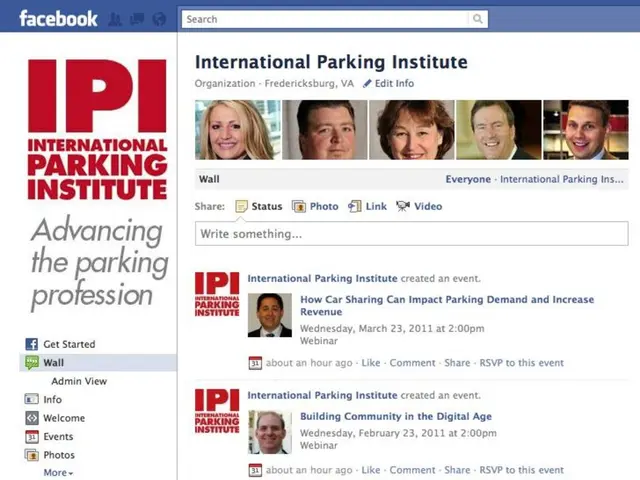Leaves of absence granted for marriage, funeral, and health-related matters - Leave granted for weddings, funerals, and illnesses; a specific category of absences.
by Nina Jerzy⏱️ ~3 minutes
Listen up, folks! Special leave ain't just for tragic events like losing a loved one. It's also there for joyful occasions and routine appointments, helping you maintain work-life balance without dipping into your precious vacation days. Best part is, there's no cap on the number of days you can take special leave in a year!
But beware, the legalese can get murky, warns a legal eagle. The mastermind behind DGB Rechtsschutz GmbH, Till Bender, breaks it down for us.
What's Covered under Special Leave?
According to Bender, there are several scenarios that fall under special leave:
- Your own nuptials
- Offbeat ceremonies of your kids or parents
- Golden wedding anniversaries of mom and pop
- Childbirth events, y'all
- Funerals within your inner circle
- Health check-ups
- House emergencies like fires and burglaries
- Uninsured traffic accidents
The duration of special leave depends on the circumstance. A trip to the doc might only call for a few hours' break, whereas family events usually warrant the whole day, not just the ritual. The max is roughly seven to ten days, depending on the situation.
Besides personal emergencies, special leave can be granted for caring for a sick child or a dependent relative. If you're rearing a brood at work, Bender suggests using special leave before receiving child sickness benefits to enjoy full pay. The benefits are normally 90%, maxing out at 120.75 euros (equivalent to a monthly salary of around 3k euros). Additionally, employees can claim 15 days of coverage per parent, or 30 days for solo parents, from their health insurance.
The Care Time Act offers ten days of paid special leave for employees assisting a dependent during an urgent situation. Close relatives here include:
- Grandparents, parents, in-laws, step-parents
- Spouses, life partners, siblings, and their spouses
- Grandkids, adopted, or foster children
Volunteer Work and Special Leave
If you're a philanthropist or a civic-minded individual, it's worth exploring special leave options for your volunteer activities. As Bender puts it, "If you're dedicated to charitable causes or social duty, you should definitely look into possible exemptions!" Exemptions can be available for educational pursuits, volunteering, civic duties, job applications, or prayers. However, the specifics rely on the case at hand.
Applying for Special Leave
When it comes to demanding special leave, Bender suggests informing your boss as early as possible, allowing them time to secure a replacement, if needed. For unexpected events like a burst pipe or a car crash, a quick phone call usually does the trick.
For health appointments, lettin' your employer know or showin' your practice appointment card should suffice. But if your boss is a skeptic, they might request a medical certificate or a doc's letter. Rest assured, your boss ain't got the right to force you to visit a certain doctor offering late-night appointments. The choice is yours!
In case of an unavoidable traffic accident, you might need to share some paperwork with your boss, like police reports or correspondence with your insurance. Keep in mind that if the accident was your fault, your boss might have to recover the already paid wages. In practice, though, many firms ignore such matters.
Unlike sick leave, there's no fixed time limit for special leave. "Your boss can't deny you special leave just because you got hitched this year or lost a family member last year!" Bender explains. Happy days or tragic times, special leave is here for you!
Stay Informed
Capital, a stern partner brand, offers more fascinating content on the subject at www.stern.de/capital.
- Special Leave
- Employee Benefits
- Health Appointments
- Family Emergencies
- Volunteer Work
- Employees can take special leave for a wide range of events, including family milestones such as weddings, offbeat ceremonies of children, golden wedding anniversaries, and childbirth events.
- In addition to personal emergencies, employees can also use special leave for health-and-wellness appointments, such as routine check-ups, and for workplace-wellness initiatives like volunteering or civic duties.
- Special leave can also be granted for family-dynamics emergencies, such as caring for a sick child or a dependent relative, and for attending to relationship matters, such as supporting a close relative during an urgent situation.








